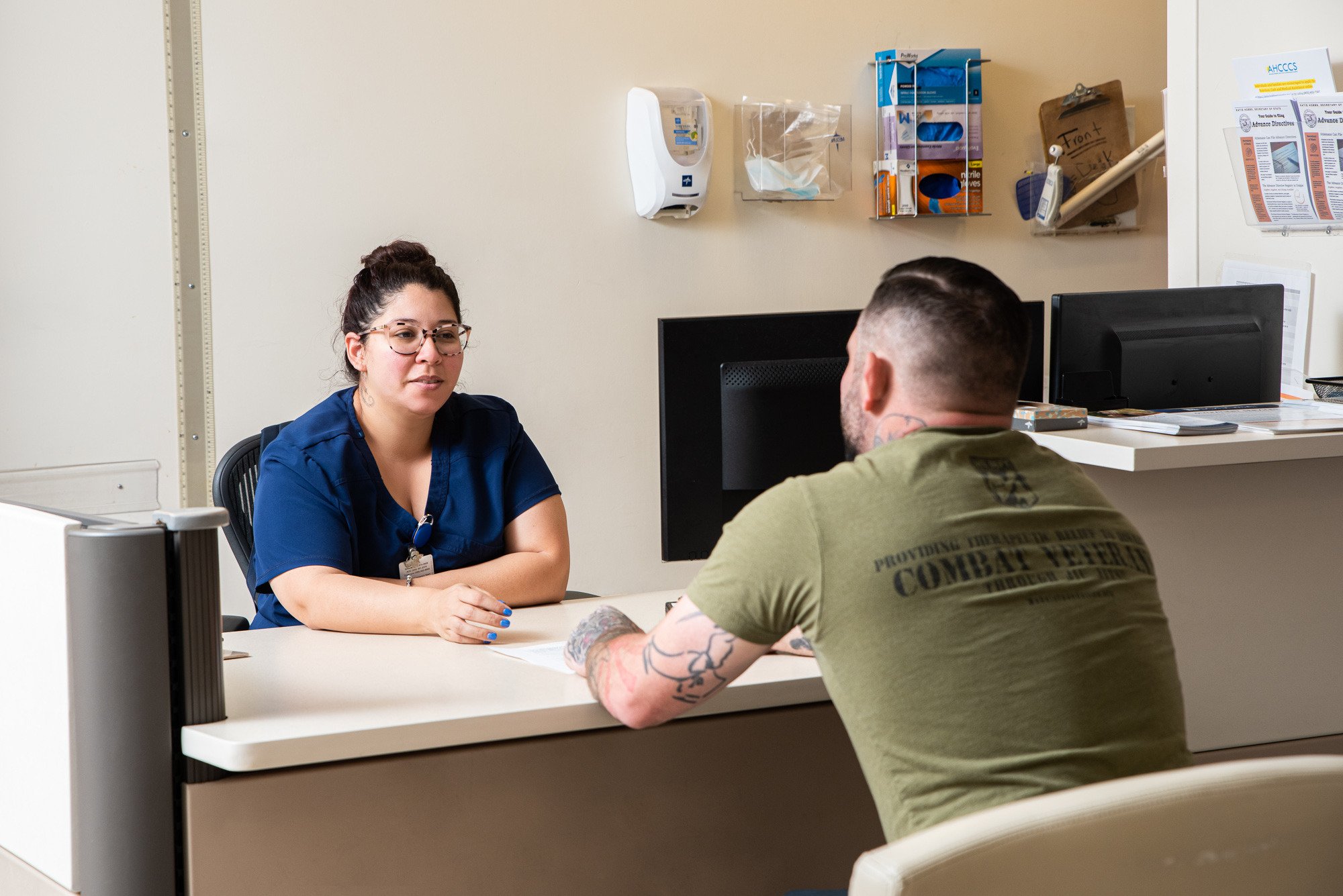When a mental health crisis is averted, the journey to recovery is far from over. Comprehensive discharge planning is paramount to ensure individuals receive the ongoing support necessary for stabilization and to prevent future crises. A continuum of crisis programs, each tailored to varying levels of need, is essential for providing care in the least restrictive, most appropriate setting.
For those who no longer require intensive crisis intervention but still benefit from a supportive environment, lower acuity crisis programs offer a vital step-down level of care. These programs, often housed in home-like settings, provide a non-institutional atmosphere staffed primarily by peers and behavioral health clinicians. Services may include medically monitored detoxification or clinically managed sobering programs, depending on the facility's medical capabilities. Lengths of stay vary from under 24 hours in living rooms to several days or weeks in crisis residential programs. These programs play a crucial role in preventing or shortening inpatient admissions by offering a bridge to less intensive community-based services.
Urgent care clinics serve as a critical link to outpatient services, providing same-day access to assessment, crisis counseling, medication management, and care coordination. Staffed by psychiatrists, nurse practitioners, social services staff, and often peer support specialists, these clinics function as the front door to the crisis system. Individuals can receive immediate attention, with the option for admission to a higher acuity 23-hour observation unit if necessary. Without urgent care, individuals may face extended waits for outpatient appointments, allowing their condition to potentially escalate.
Comprehensive discharge planning from crisis programs must consider the individual's ongoing needs and the availability of services in their community. This includes connection to outpatient therapy, support groups, and case management services, as well as addressing basic needs like housing and financial stability. By coordinating with community providers and social services agencies, crisis programs can ensure a smooth transition and reduce the likelihood of future crises.
Investing in a continuum of crisis programs, from intensive intervention to lower acuity step-down services and urgent care, is essential for providing the right level of care at the right time. Comprehensive discharge planning is the thread that weaves these services together, setting the stage for sustained recovery.
SOURCE: https://www.sciencedirect.com/science/article/pii/S0193953X24000443

%20(11).png)
%20(9).png)
%20(8).png)